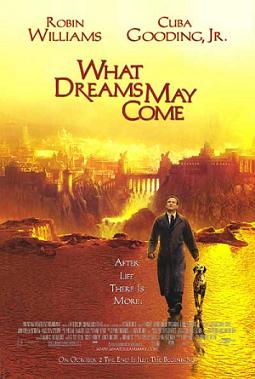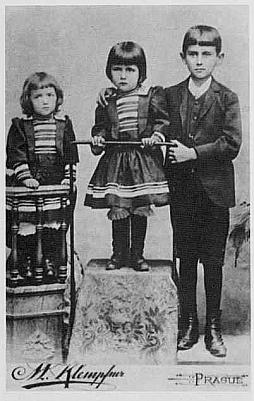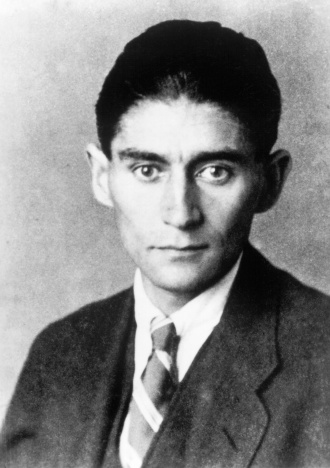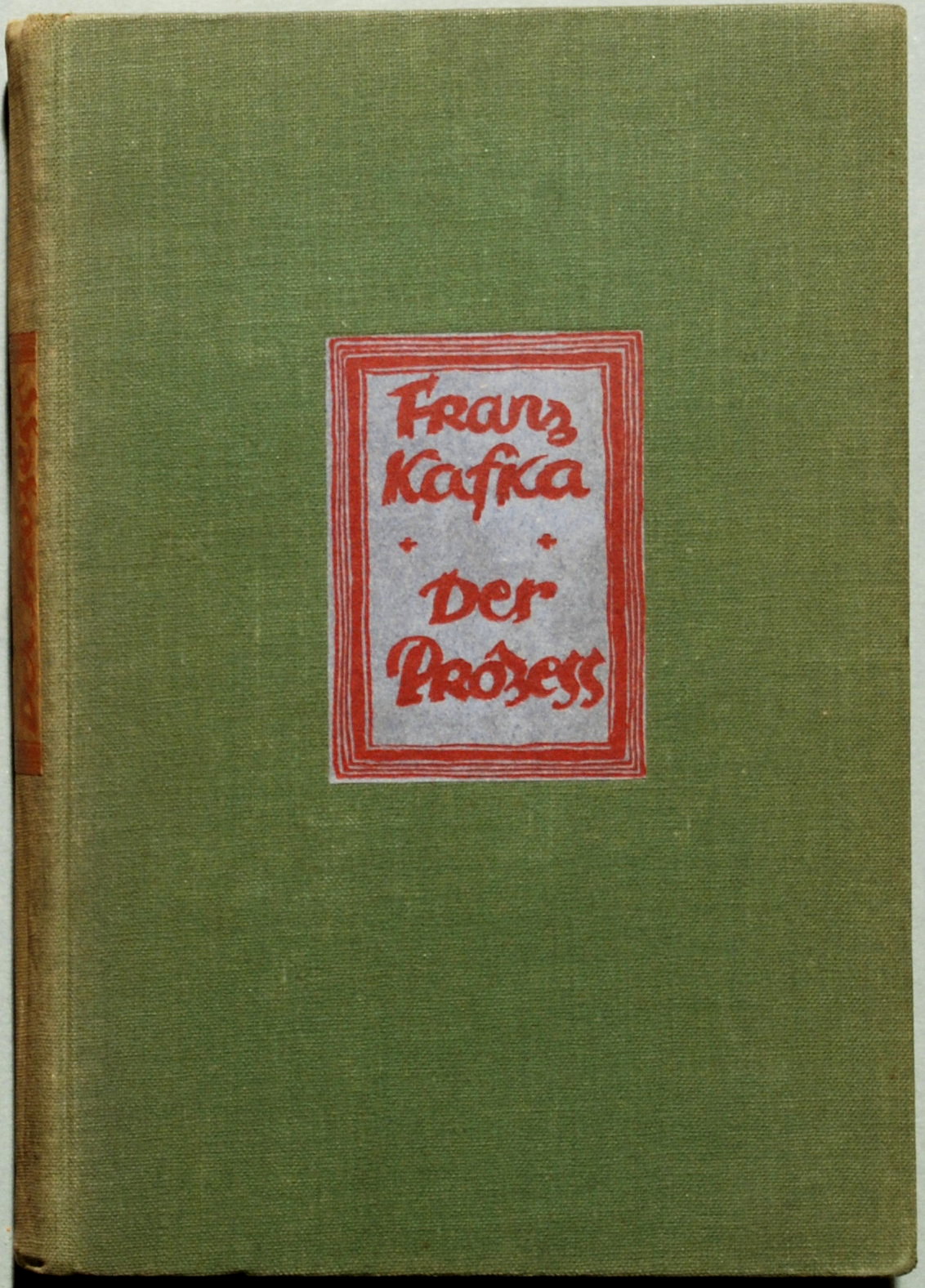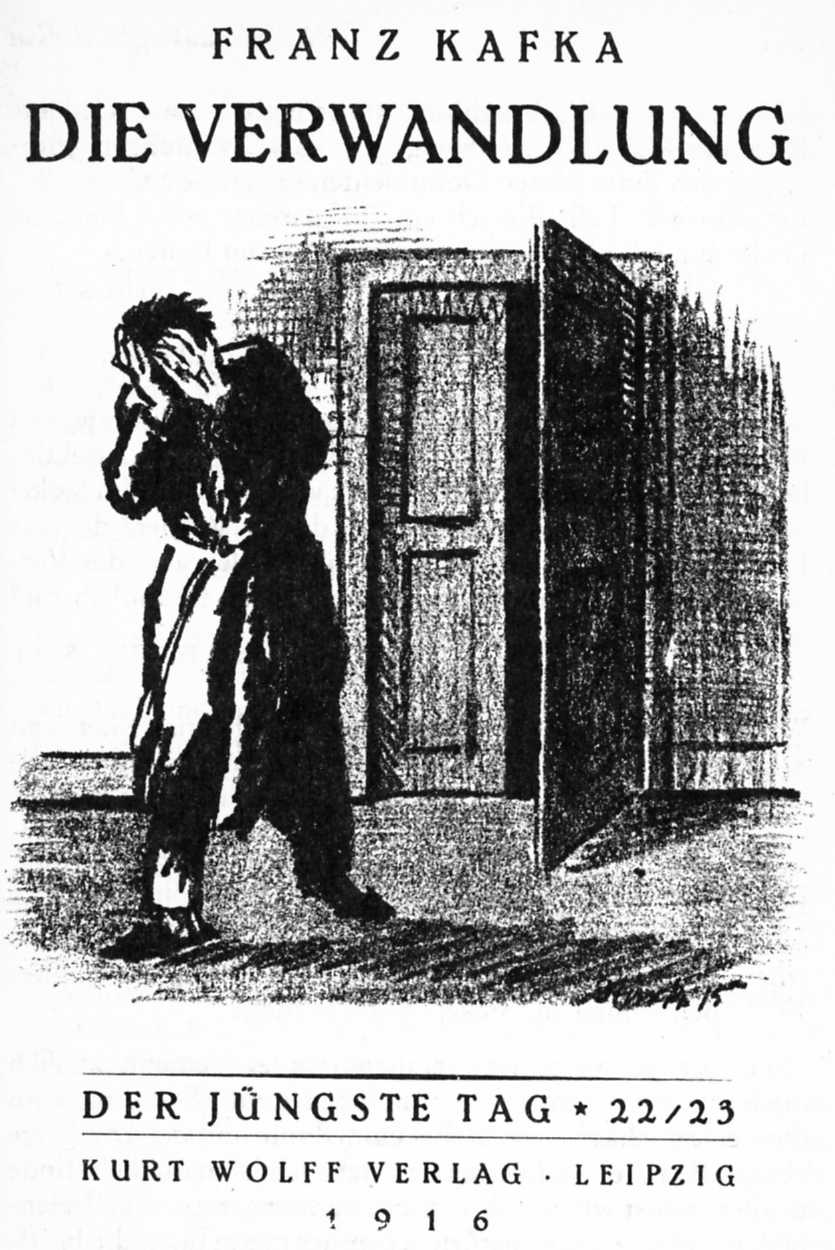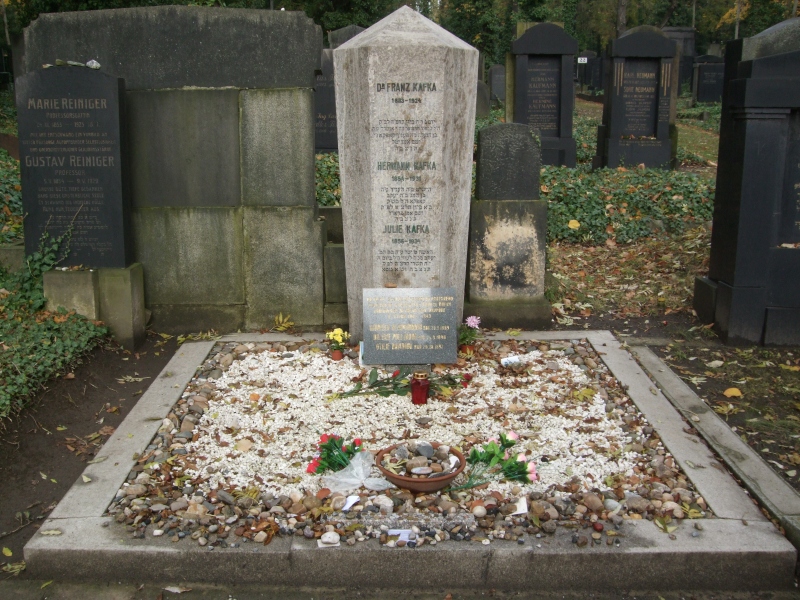Birth
Franz Kafka was born on the third of July in 1883. He was born in Prauge, Bohemia, Austria-Hungary, which is now modern-day Czech Republic. He was born near the Old Town Square in Prauge. He was born into a family of middle-class Ashkenazi Jews. His parents were Hermann and Julie Kafka, who had six children. Franz was the oldest child. His two brothers, Georg and Hienrich, died during infancy, before Franz was seven. He has three sisteres, Gabriele, Valerie, and Ottilie, all of whom died or disappeared during the Holocaust.
Adult Life
Franz had a troubled and complicated relationship with his father that effected his writing. Kafka loved to write letters. He wrote hundreds to communicate with his close female friends, his father, his fiancé, and his youngest sister Ottla. Franz suffered with his Jewish heritage. It was a conflict for him and he thought it had nothing to do with him. His day job was a lawyer for an insurance firm, which he claimed took away from his calling, which was his love of writing short stories.

the building that used to hold Kafka's insurance company day job

first page of a letter to Kafka's father
Influence
Kafka's influence came through his writing. They are important today in the eyes of many literary experts. Two of Kafka's novels are seen as the ninth and second most significant German-language novels of the 20th century. His novella, The Metamorphosis has been cited as one of the seminal works of fiction of the 20th century and is studied in many schools and universities. Many authors note Kafka for his vision and perspective. Novelist Vladimir Nabokov said he Kafka was one of the greatest writers of the the 20th century. Gabriel Garcia Marquez stated that Kafka "showed him it was possible to write in a new way".
Death
Kafka suffered from laryngeal tuberculoses. It worsened, so he returned from Berlin to Prague in March 1924. Members of his family, mostly his sister Ottla, took care of him. He went to a sanatarium near Vienna for treatment on April 10. He stayed here until his death, June 3 1924. He died from starvation, as his throat condition made it impossible to eat from the pain. Medicine was not advanced enough to alternatively feed him. He was buried in Prague 8 days later at the New Jewish Cemetery.

New Jewish Cemetery, Prague

Franz and Ottla
Bibliography
"Franz Kafka." Franz Kafka. N.p., n.d. Web. 16 Mar. 2014. <http://www.levity.com/corduroy/kafka.htm>.
"Franz Kafka." Online. N.p., n.d. Web. 18 Mar. 2014. <http://www.kafka-online.info/>.
"Franz Kafka." Wikipedia. Wikimedia Foundation, n.d. Web. 18 Mar. 2014. <http://en.wikipedia.org/wiki/Franz_Kafka#Death>.
"Kafka's Life (1883-1924)." The Kafka Project. N.p., n.d. Web. 15 Mar. 2014. <http://www.kafka.org/index.php?biography>.





